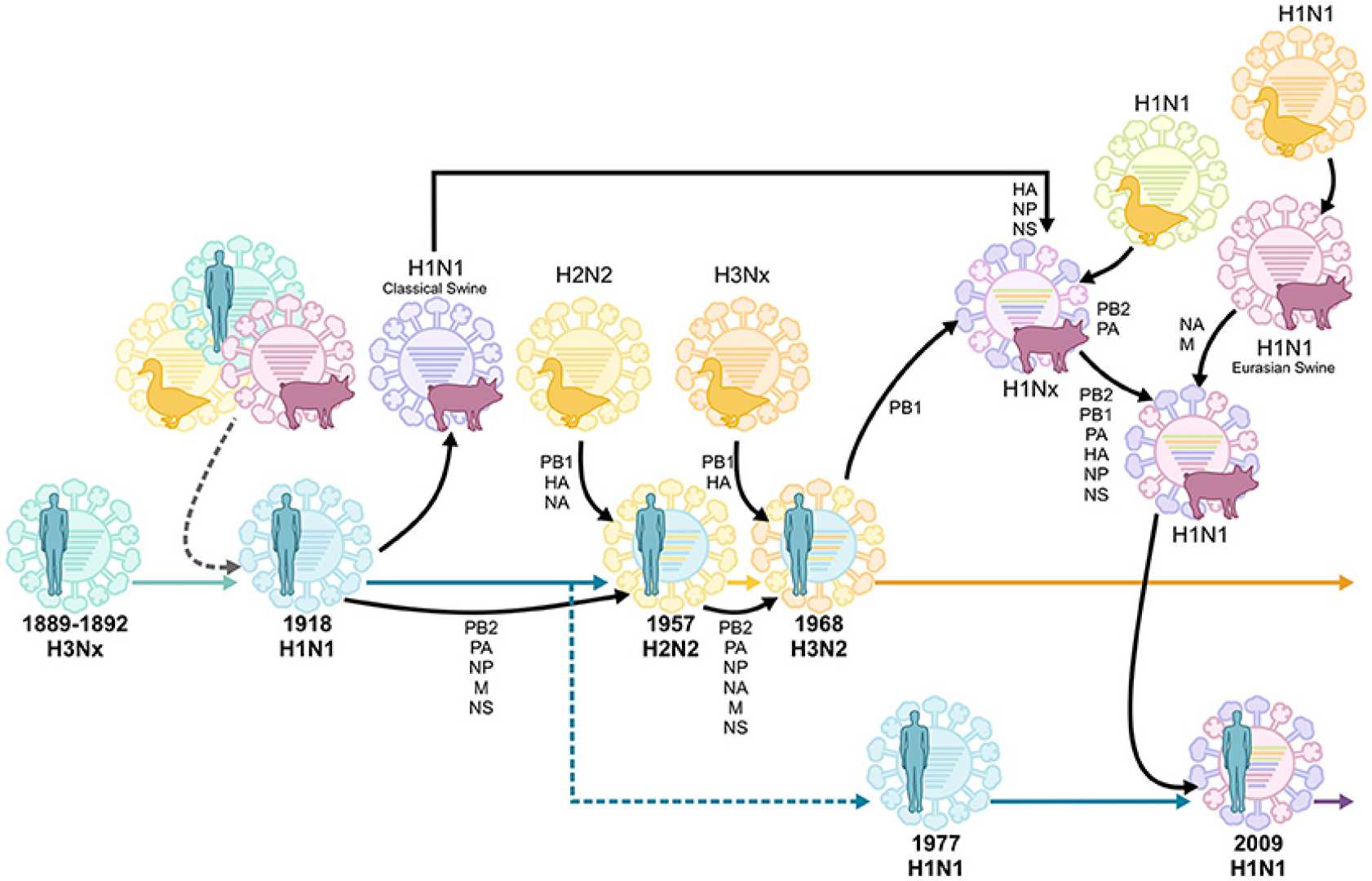Health
Sri Lanka Strengthens Influenza Response with Rapid Testing and Vaccination

COLOMBO, Sri Lanka — On September 30, 2025, Sri Lanka announced a strengthened response to influenza, focusing on rapid testing, timely treatment, and the integration of maternal health services. With support from the World Health Organization (WHO), the country aims to enhance its understanding of the impact of influenza and the benefits of vaccination, aiming to protect vulnerable populations and improve preparedness for future pandemics.
The strategy involves reducing hospitalizations and deaths related to seasonal influenza through prompt testing and treatment. National clinical guidelines recommend administering oseltamivir to high-risk groups, which can help prevent severe illness and shorten the duration of infections. This proactive approach not only saves lives but also bolsters local pharmaceutical production to ensure a consistent supply of antivirals for seasonal outbreaks and potential future pandemics.
Integrating influenza care into Reproductive, Maternal, Newborn, Child, and Adolescent Health (RMNCH+A) services is a key element of this initiative. The plan focuses on protecting pregnant women, who were linked to 10% of maternal deaths due to influenza in 2015 and 2016. To address this, the Ministry of Health now encourages pregnant women experiencing fever and respiratory symptoms to seek medical attention immediately, with oseltamivir prescribed typically within 24 to 48 hours after symptom onset.
Health education campaigns and training in antenatal clinics have been implemented to ensure women recognize the symptoms of influenza and seek care promptly. These efforts have significantly reduced maternal mortality rates linked to influenza.
In July 2025, WHO teams, along with Sri Lankan health leaders including Director-General of Health Services Dr. Asela Gunawardena and Chief Epidemiologist Dr. Hasitha Tissera, discussed enhancing Sri Lanka’s antiviral strategy. They explored integrating influenza vaccines into a comprehensive prevention and control program.
The Ministry of Health is also planning to analyze the burden of influenza along with hospitalizations and deaths that could be prevented through vaccination for the years 2025-2026. This analysis will follow recent studies by the University of Ruhuna and Duke University, which highlighted the cost-effectiveness of introducing influenza vaccines in Sri Lanka. WHO supports the inclusion of influenza vaccination guidance in the national immunization handbook to facilitate better vaccine utilization.
By focusing on rapid antiviral treatment, bolstering local pharmaceutical production, and advancing the evidence base for effective vaccination policies, Sri Lanka is taking significant steps to protect its vulnerable populations and prepare for future health challenges.












